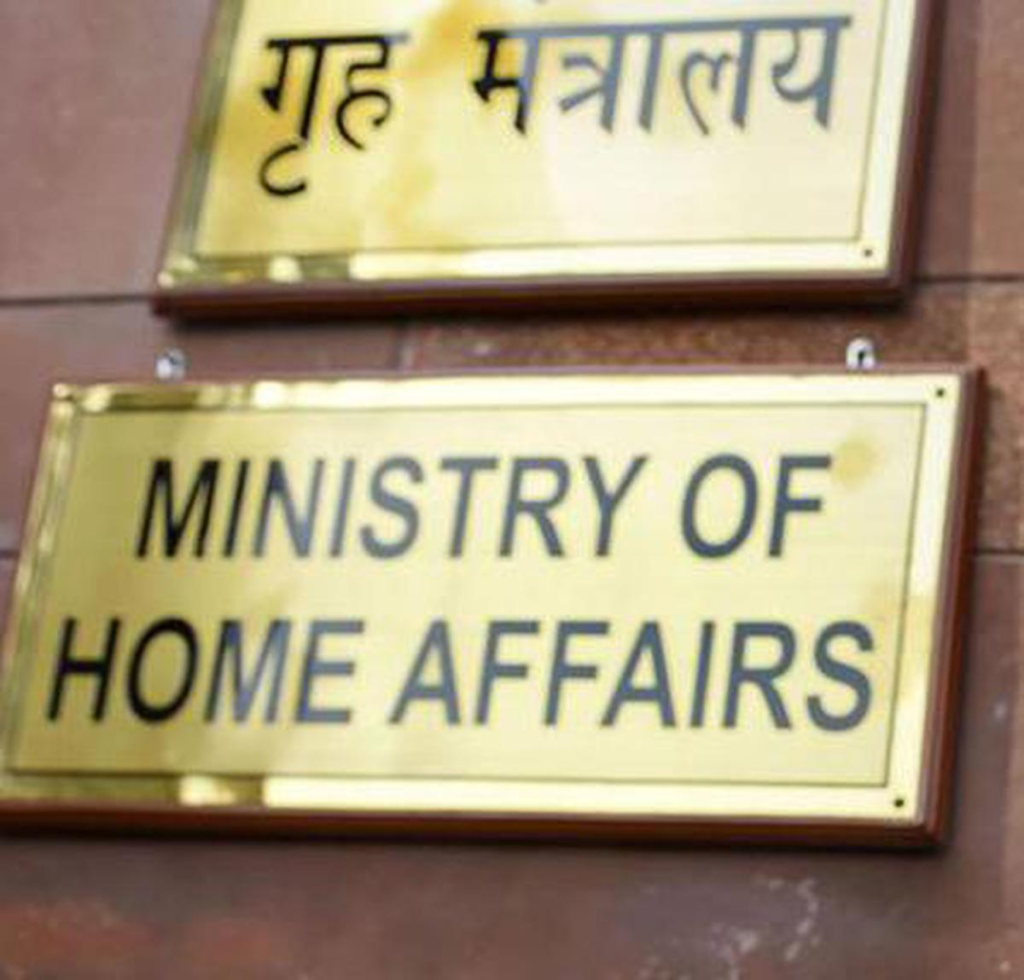Upholding the Ban: UAPA Tribunal’s Verdict on Meitei Extremist Groups

The recent ruling by the Unlawful Activities (Prevention) Act (UAPA) tribunal, affirming the ban on seven Meitei extremist organizations, has significant implications for regional security and stability. These groups, primarily active in Manipur, have been designated as “unlawful associations” due to their involvement in violent activities. In this essay, we explore the decision’s context and its potential impact on affected communities.
Background
The Meitei extremist factions have a longstanding history of insurgency in Manipur, advocating for secession from India. Their actions include attacks on security forces, extortion, and targeting non-local populations. The UAPA, enacted in 1967, empowers the government to take stringent measures against organizations posing a threat to national security. The tribunal’s recent ruling reaffirms the ban initially imposed in 1979 and subsequently extended.
Incidents of Violence and Organizational Strength
Over the past five years, these seven outfits have been responsible for 335 out of 689 violent incidents reported in Manipur. These incidents resulted in the loss of lives, including nine security personnel and 21 civilians. The groups operate from camps in Myanmar and Bangladesh, where they provide arms training to their members and procure weapons and ammunition.
Interconnections with Other Insurgent Groups
Notably, the Meitei extremist organizations maintain close ties with the Nationalist Socialist Council of Nagaland (Isak-Muivah), which has been engaged in peace talks with the Indian government since 1997. This interlinkage highlights the intricate security landscape in the region, where multiple insurgent groups intersect.
Ethnic Clashes and Displacement
The tribunal’s decision follows the 2023 ethnic violence in Manipur, during which clashes between tribal Kuki-Zo communities and the Meitei population resulted in 221 fatalities and the displacement of over 50,000 people. While the Meitei extremist outfits were implicated in these violent incidents, specific details were not separately outlined in the Ministry of Home Affairs’ submission.
Broader Significance
Beyond Manipur, the UAPA’s provisions extend to other states. The Ministry of Home Affairs consistently monitors and acts against extremist organizations across India. While the ban serves as a deterrent against violence, it also raises questions about civil liberties and due process. Striking a delicate balance between security imperatives and individual rights remains an ongoing challenge.
Conclusion
The UAPA tribunal’s decision to uphold the ban on Meitei extremist organizations underscores the government’s commitment to maintaining law and order. However, addressing the underlying causes of insurgency, fostering dialogue, and ensuring justice for affected communities are equally vital. As Manipur grapples with its complex security situation, a nuanced approach that respects human rights while safeguarding security interests is essential.


























